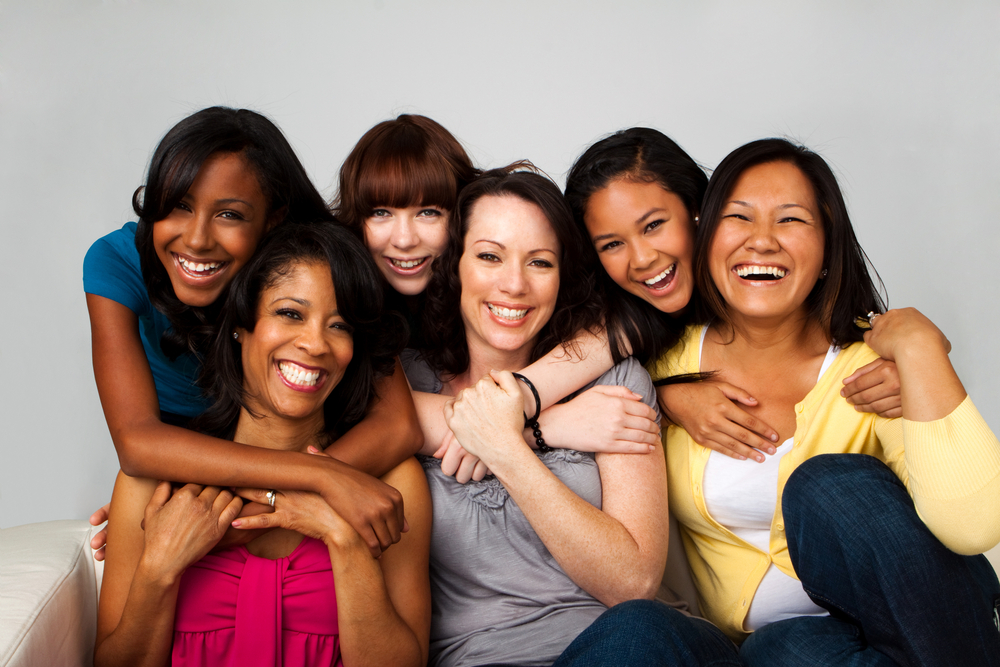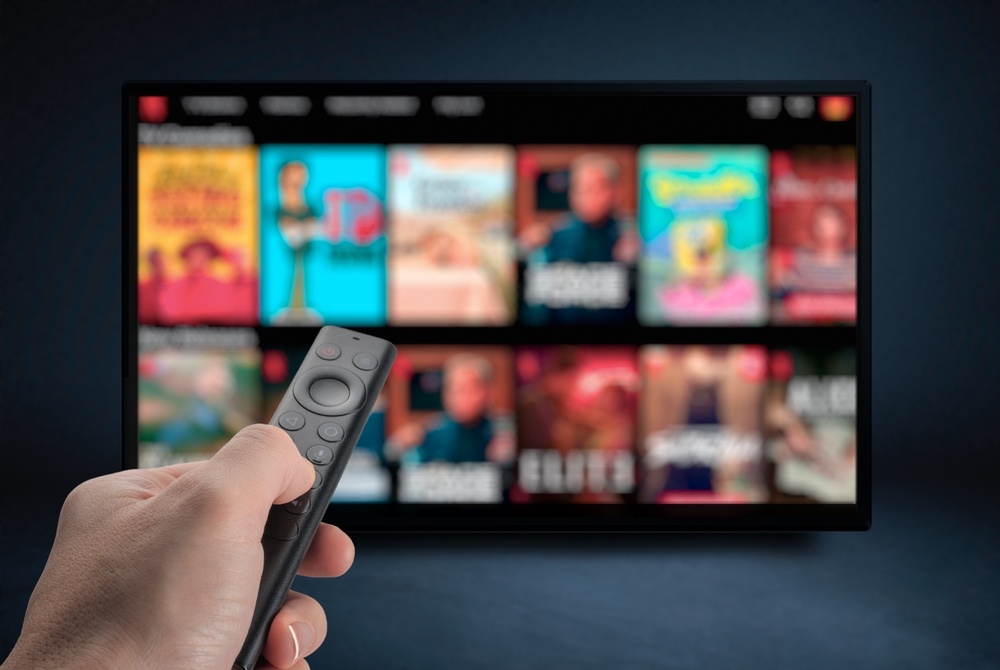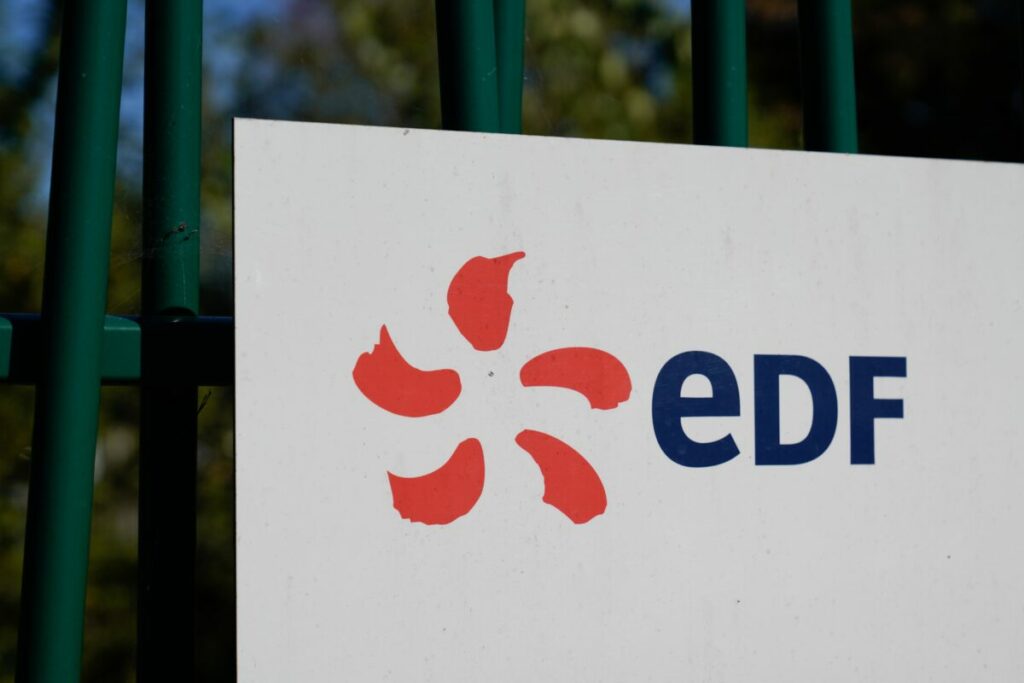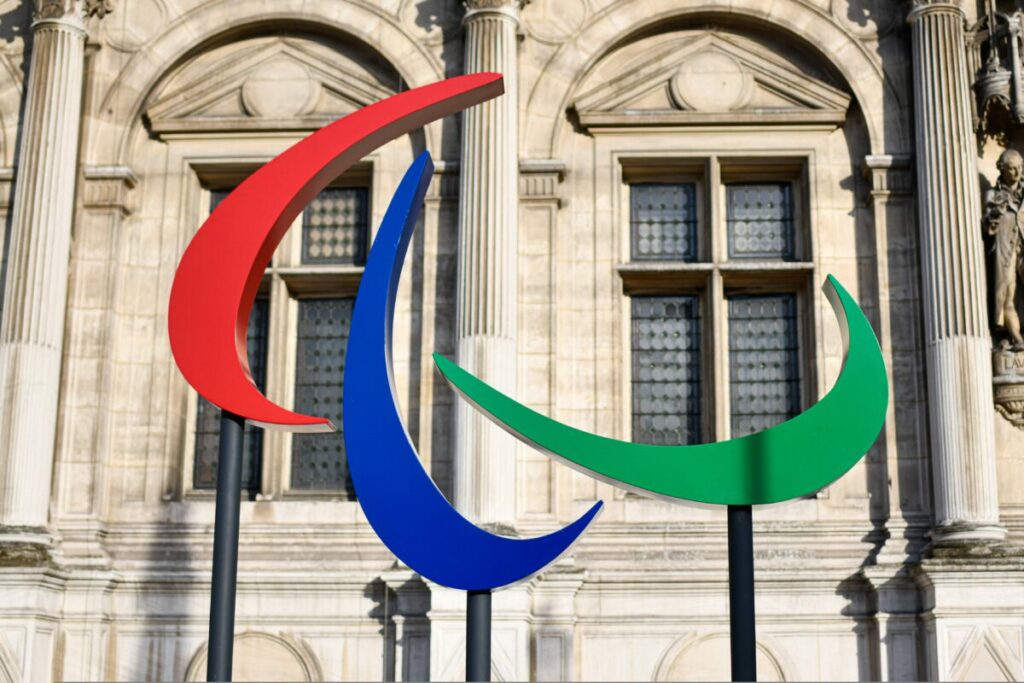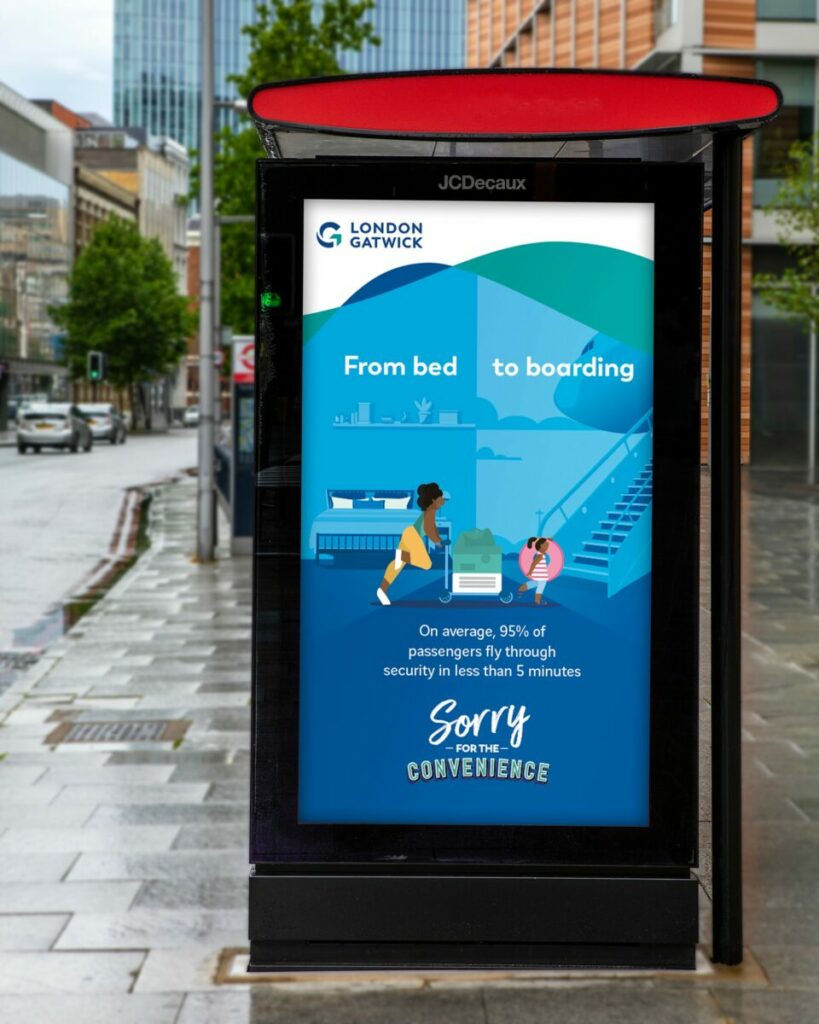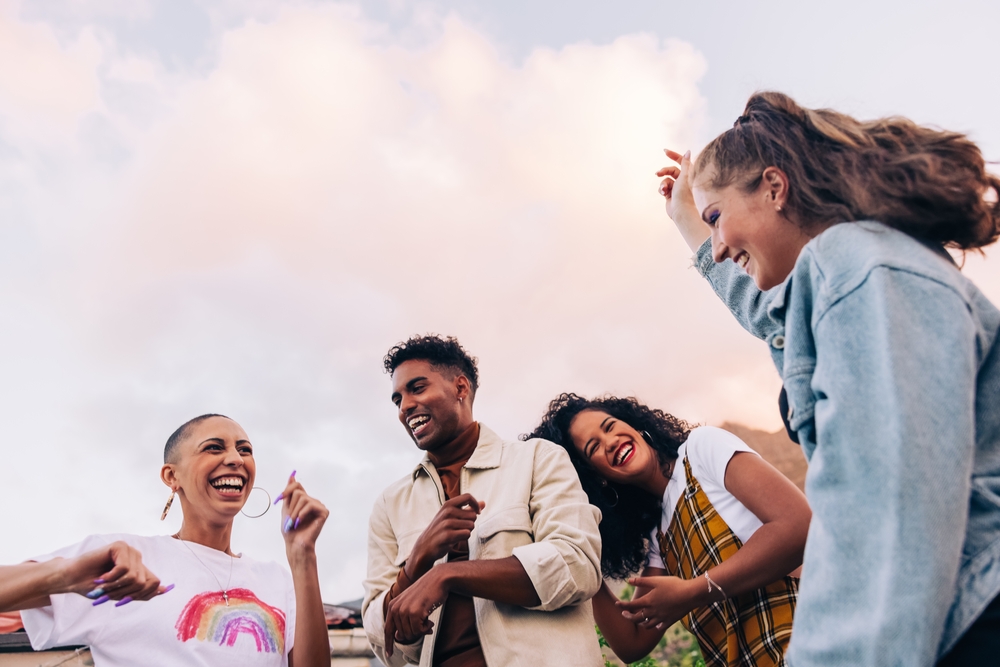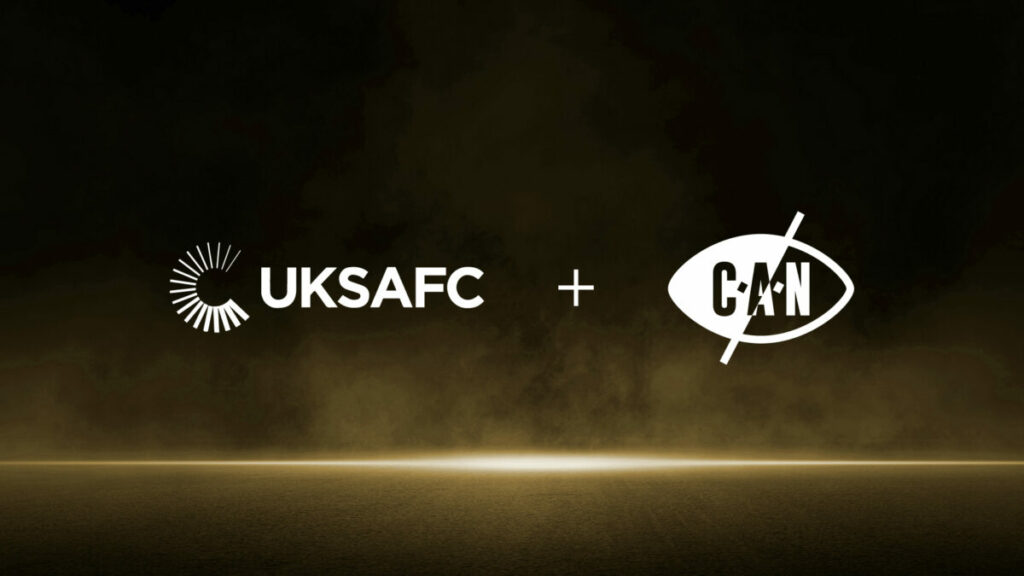Over one in four British women from ethnic minority backgrounds feel that their particular ethnic group is portrayed negatively in advertising, according to new research by the UN-backed non-profit Unstereotype Alliance.
The survey, carried out by IPG-owned agency UM, surveyed 2,000 women from various ethnic and cultural backgrounds, including; Black African and Caribbean, Jewish, Middle Eastern, South East Asian and Southern Asian and White Continental European.
Its key findings were that 26% of respondents believed that they were being portrayed negatively negatively, with that figure rising to 30% among Middle Eastern respondents and 29% among Black Caribbean respondents.
Over a third (34%) of those surveyed believed that the entertainment sector was the most guilty of inaccurate representation and stereotyping, although close to half (49%) of all respondents felt that YouTube’s advertising was the best for true representation.
Other social media firms were seen far less positively, with Twitter particularly criticised, as only 22% of those surveyed had seen themselves represented in the Facebook-owned firm’s ads.
Another issue addressed was that of a group’s visibility or prominence within general advertising, with over half (52%) of Middle Eastern respondents, and 50% of South Asian and 48% of Jewish respondents feeling that they never, or rarely ever saw themselves represented in advertising.
READ MORE: WPP supports the newly founded Black Equity Organisation to advance equity and justice
Interestingly for brands, close to three-quarters (72%) or those surveyed answered that they would be more inclined to purchase from a brand that portrayed them positively and authentically.
“The argument for inclusion and authenticity among brands and advertisers is a commercial one, as well as a moral one,” UM UK chief executive, Rachel Forde said.
“Brands can be more successful, as well as become better corporate citizens, simply by reflecting their full audience in their marketing.”
UN Women Unstereotype Alliance UK lead, Melda Simon added: “What we see and hear in advertising and on media channels affects how we see ourselves and the world around us.
“This research demonstrates the importance of approaching intersectionality through a culturally nuanced lens that considers the experiences of people from a variety of communities.”
She concluded: “The advertising, media and creative industries are all about influence, so there’s no more logical partner as we go about trying to rid society of the ingrained stereotypes that are holding back humanity.”
Click here to sign up to Marketing Beat’s free daily email newsletter

